
In recent years, the once-idyllic image of agriculture has been overshadowed by a growing environmental crisis. The intensive practices associated with modern farming have unleashed a silent killer: agricultural pollution.
This insidious issue, characterized by the excessive use of fertilizers, pesticides, and inefficient waste management, has caused irreversible damage to our ecosystems, water bodies, and human health.
Let’s delve into the startling numbers that unveil the gravity of the situation and the urgent need for sustainable farming practices.
Water Pollution: A Looming Catastrophe
It’s an alarming reality: a staggering 70% of freshwater pollution worldwide can be attributed to agricultural activities. The excessive application of fertilizers and pesticides seeps into our water sources, wreaking havoc on aquatic ecosystems.
Rivers, lakes, and groundwater reservoirs are being contaminated by nutrient runoff and chemical leaching. The consequences are dire: toxic algal blooms, oxygen depletion, and the decimation of fish and other vital aquatic species.
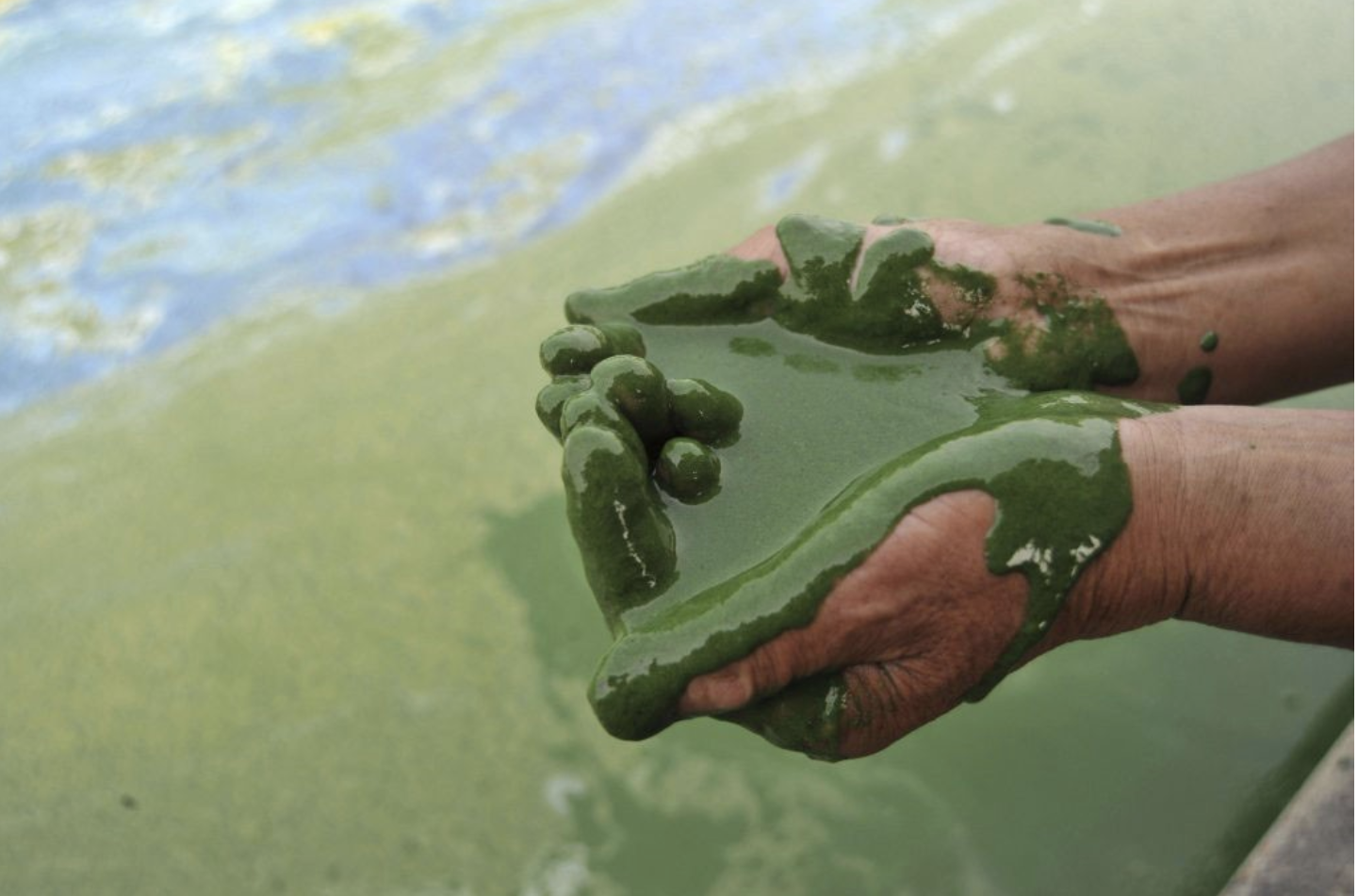
Eutrophication
Soil Degradation: Threatening our Food Security
Our very ability to feed a growing population is being compromised by soil degradation caused by modern agricultural practices. A distressing 33% of global soils are now degraded due to chemical overuse and improper farming techniques.
The continuous application of synthetic fertilizers disrupts the delicate balance of soil microorganisms, degrades soil structure, and depletes essential nutrients. This not only reduces crop productivity but also leaves arable land vulnerable to erosion and desertification.
The specter of a looming food security crisis haunts us as we witness the degradation of fertile lands that were once the backbone of our agricultural systems.
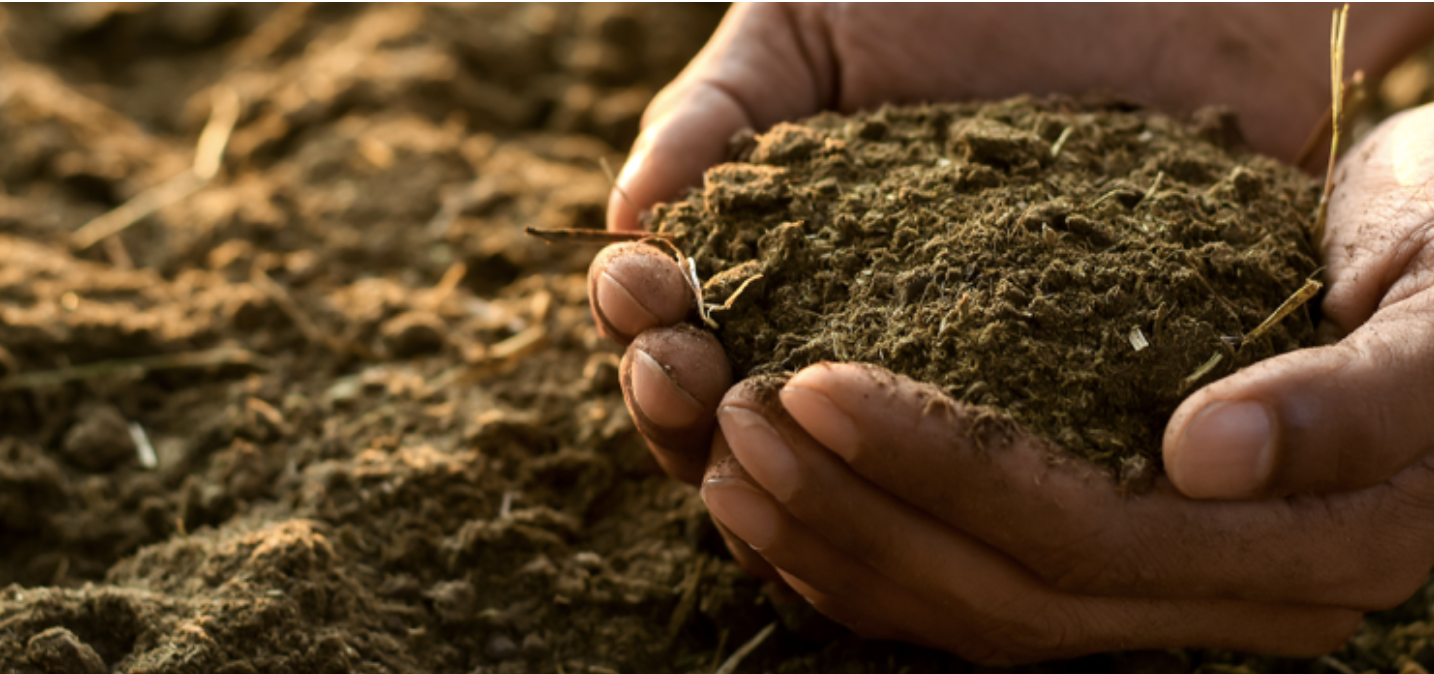
soil degradation
Biodiversity Loss: A Silent Extinction
In our pursuit of increased yields, we are unwittingly orchestrating a silent extinction. Pesticides, designed to protect crops, have inadvertently become agents of destruction. Their usage has resulted in a shocking decline of 76% in flying insect biomass in certain regions.
Beneficial insects, birds, and other wildlife that play crucial roles in maintaining ecological balance are falling victim to these toxic chemicals.
The loss of pollinators, including bees, poses a direct threat to crop yields and the survival of countless plant species. With each extinction, we unravel the intricate web of life that sustains our planet.
Human Health Impacts: A Poisoned Harvest
The consequences of agricultural pollution extend far beyond the fields. Disturbingly, approximately 200,000 acute pesticide poisoning cases occur each year, leading to an estimated 20,000 deaths.
Exposure to pesticides and fertilizers through contaminated water, food, or air poses serious health risks. Respiratory issues, hormonal disruptions, neurological disorders, and an increased risk of cancer are just some of the grave repercussions.
Agricultural workers, who toil tirelessly to feed the world, are particularly vulnerable due to their close proximity to these toxic substances. The very food we consume may be tainted with high levels of pesticides, posing long-term health risks, especially for vulnerable populations such as children and pregnant women.
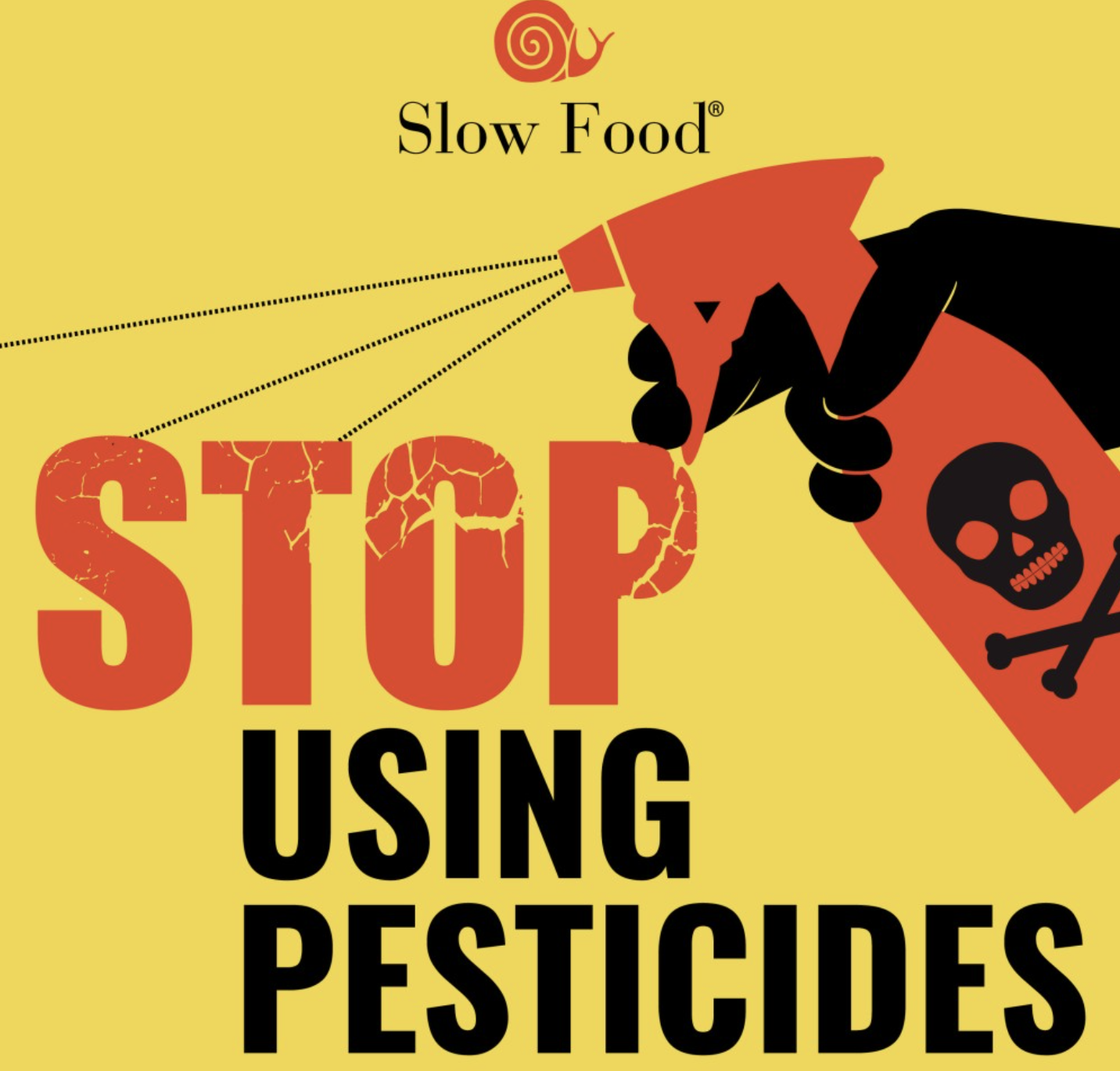
SlowFood Campaign 2019
Sustainable Solutions: Cultivating a Greener Future
Urgent action is needed to adopt sustainable farming practices and reverse the course of agricultural pollution. Governments, farmers, and consumers all have vital roles to play in mitigating the harm caused by intensive agriculture. Here are some key solutions that can pave the way to a greener future:
-
Embrace Organic Farming: Encouraging the widespread adoption of organic farming practices that minimize the use of synthetic fertilizers and pesticides. Organic agriculture, which currently covers 1.7% of global agricultural land, offers safer and healthier food options.
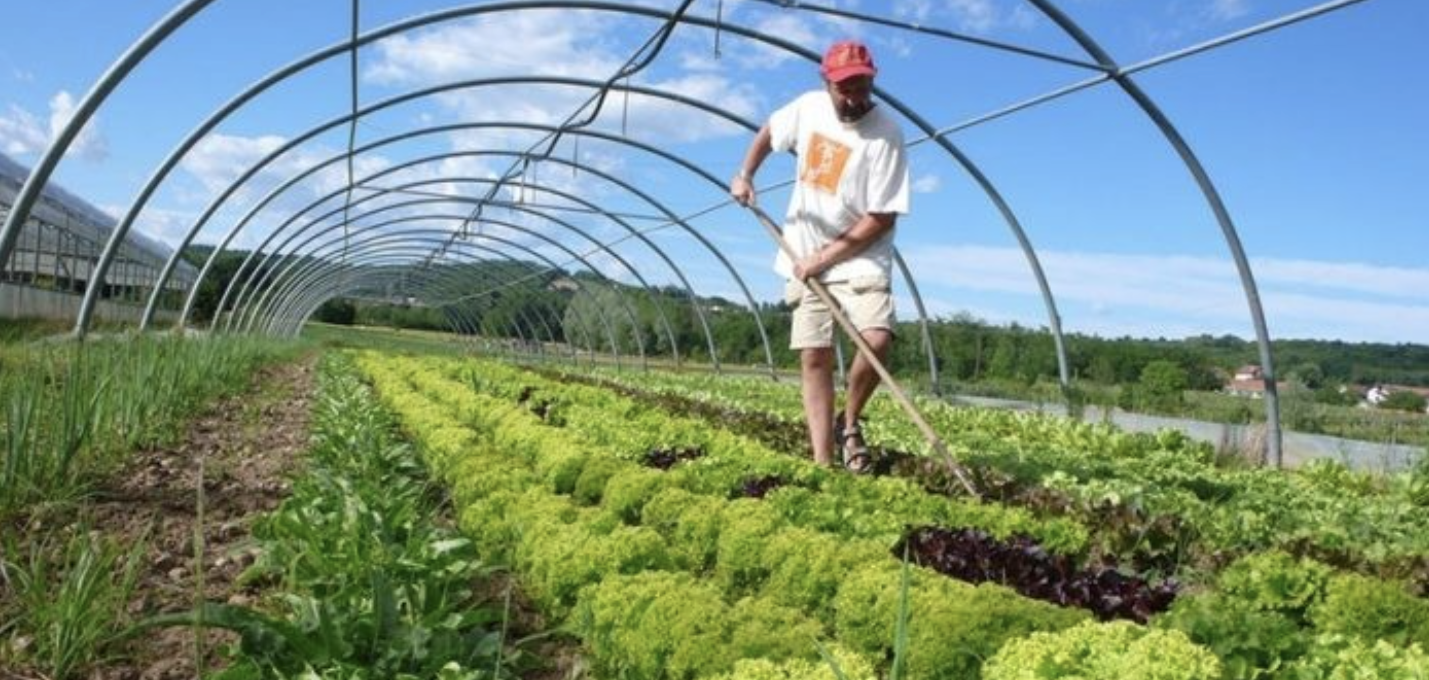
Organic micro farming
-
Harness Precision Agriculture: Harnessing the power of advanced technologies to optimize resource utilization. Precision application of fertilizers and integrated pest management systems can minimize waste and reduce environmental impact.
-
Implement Conservation Agriculture: Promoting practices such as crop rotation, cover cropping, and reduced tillage to enhance soil health, reduce erosion, and improve water retention.
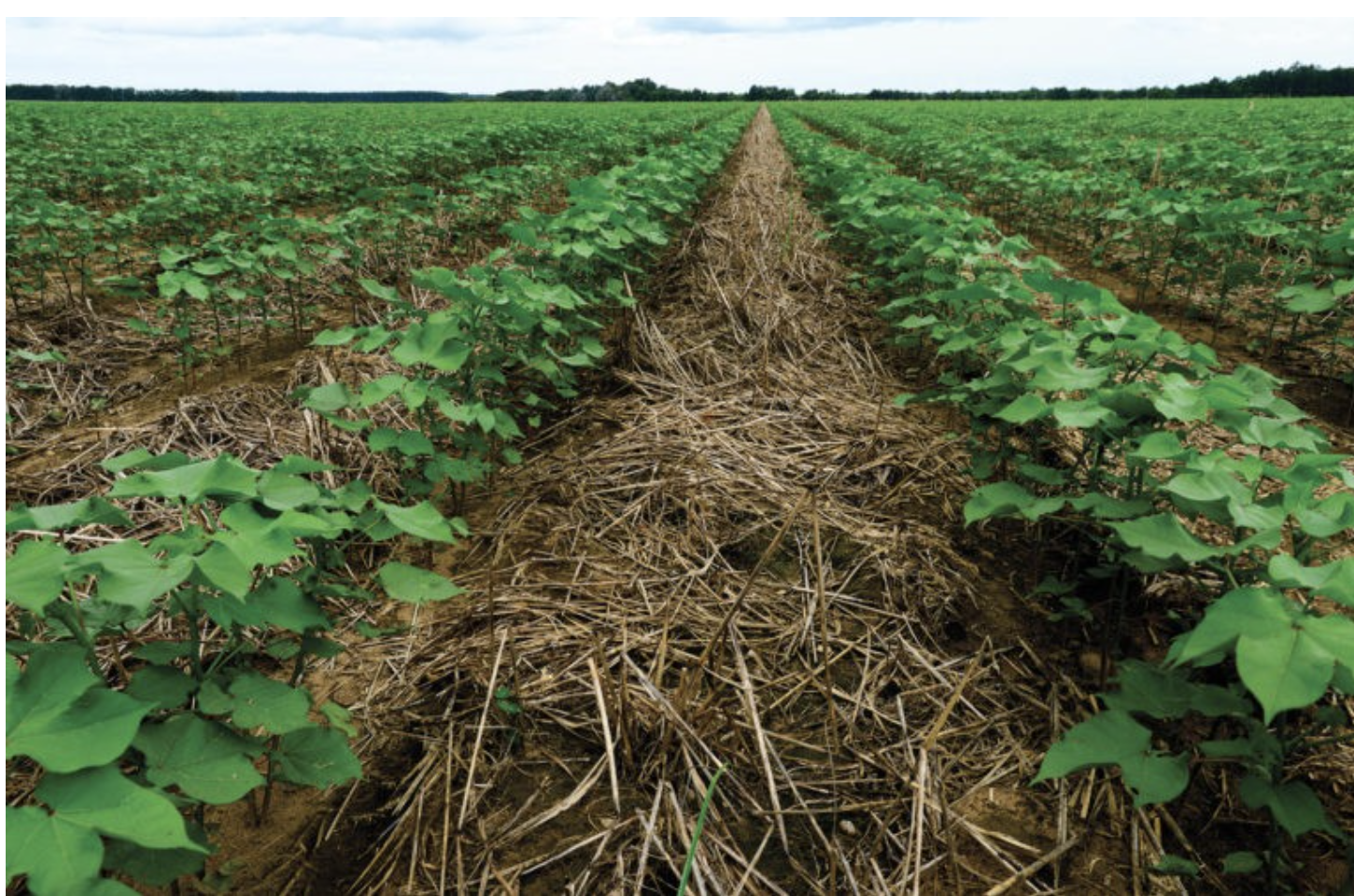
cover cropping
-
Advocate Integrated Water Management: Implementing efficient irrigation techniques, such as drip irrigation, and establishing buffer zones to minimize nutrient runoff and protect water bodies.
-
Raise Public Awareness: Educating consumers about the detrimental effects of agricultural pollution and encouraging sustainable food choices. By making informed decisions, we can collectively drive demand for environmentally-friendly farming practices.
-
Vertical Farming: This modern approach involves cultivating crops in vertically stacked layers, often within controlled environments such as urban buildings or dedicated facilities. The advantages of vertical farming are numerous, including increased crop yield per square foot, reduced water usage, and the ability to grow food closer to urban areas, minimizing transportation distances. However, the construction of vertical farms is a complex endeavor, demanding significant technical infrastructure. It requires specialized equipment such as LED lights, hydroponic or aeroponic systems, and precise climate control mechanisms to create optimal growing conditions. Additionally, the initial investment and maintenance costs can be substantial, making it challenging for widespread adoption. Nevertheless, as technology advances and economies of scale are achieved, vertical farming has the potential to revolutionize agriculture by providing sustainable, high-yield food production in densely populated regions.
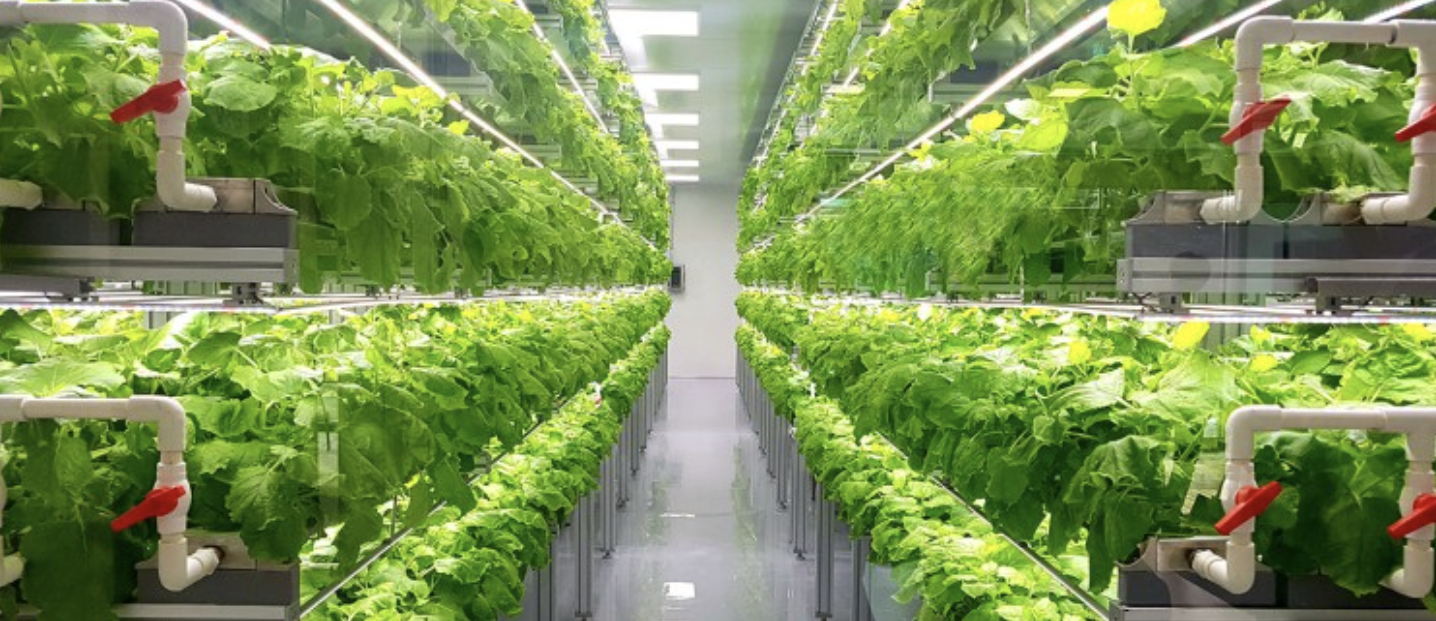
The alarming statistics surrounding agricultural pollution leave no room for complacency. The urgent need to address this environmental crisis has never been more evident.
The time has come for governments, farmers, and individuals to join forces and nurture a greener future. By embracing sustainable farming practices, we can safeguard our ecosystems, protect our water resources, preserve biodiversity, and secure a healthier future for generations to come.
The seeds of change have been sown; now it’s time to harvest a sustainable and thriving planet.
References:
https://www.ncbi.nlm.nih.gov/pmc/articles/PMC5606636/
https://www.worldwildlife.org/industries/sustainable-agriculture
Feeding the World without the Use of Pesticides: Mission Possible




